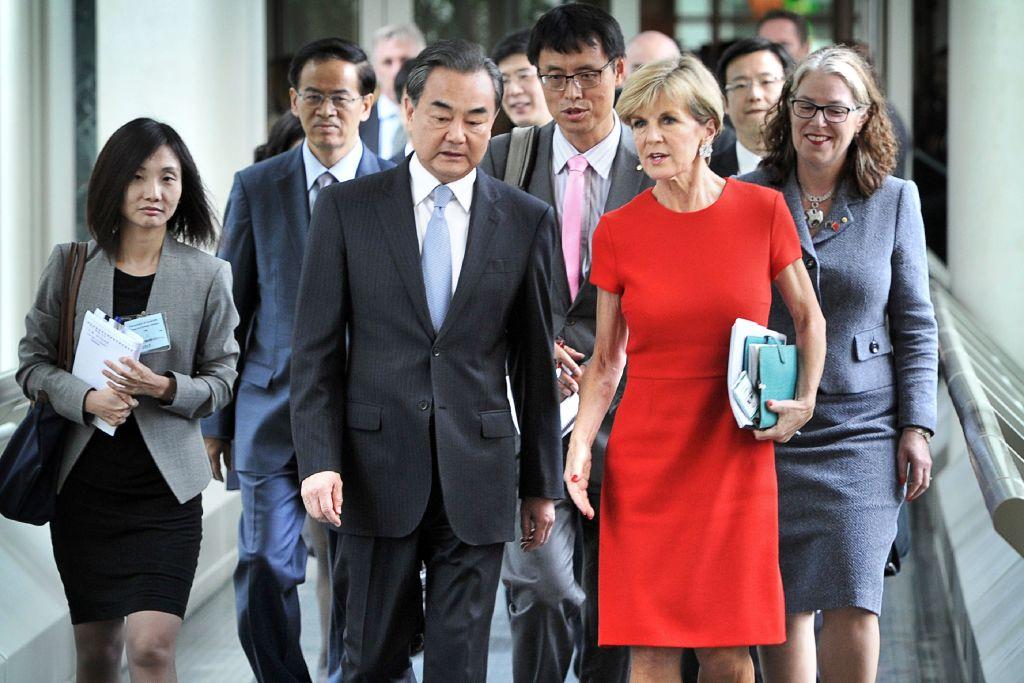An Australian politician has revealed that Australia abandoned plans for a free trade agreement (FTA) with Taiwan due to pressure from the Chinese Communist Party.
Former Australian foreign minister Julie Bishop has disclosed to Fairfax Media what Chinese Foreign Minister Wang Yi told her at a number of meetings spanning 2017 and 2018.




